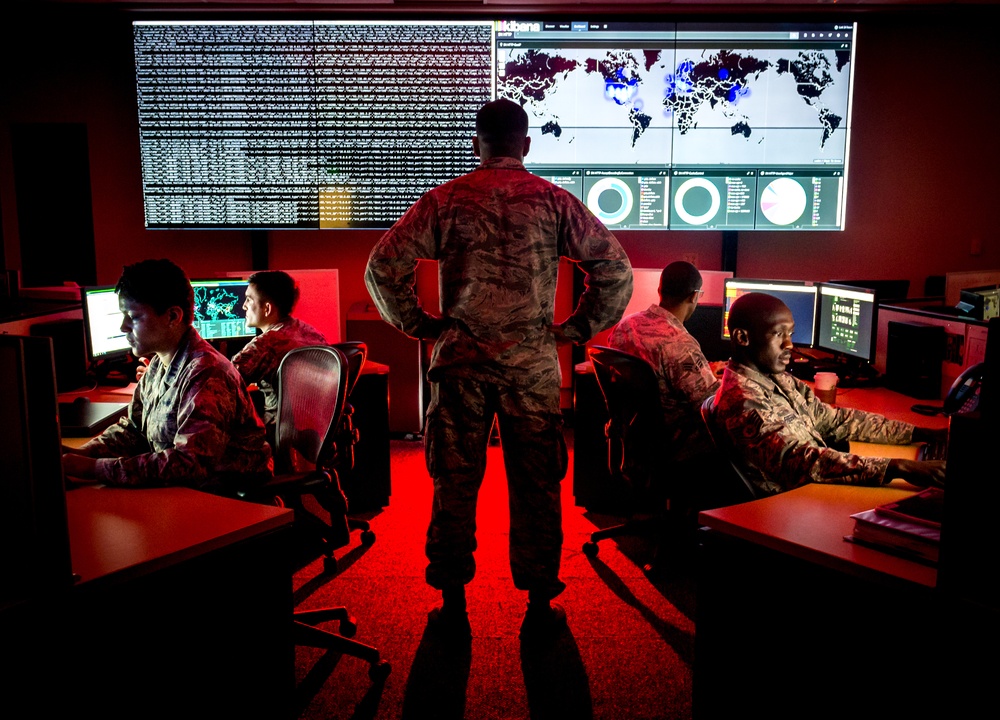Book Review of ‘2034: A Novel of the Next World War’
(SPOLIER ALERT) The recently released novel 2034: A Novel of the Next World War is a collaborative imagining of the circumstances leading up to the next world war, authored by two former military officers. Both with an expansive array of experience as to make them both considered highly credible to realistically write on warfare.

The recently released novel 2034: A Novel of the Next World War is a collaborative imagining of the circumstances leading up to the next world war, authored by two former military officers.
The Authors
Elliot Ackerman’s background includes having served as a Marine Corps Infantry and Special Operations officer, as well as a CIA paramilitary operations officer, and a White House Fellow. He now works primarily as a novelist and journalist, having written a number of other fictional works as well as writing for prominent publications such as The New Yorker, The Atlantic, Esquire, and TIME Magazine.
Admiral Jim Stavridis spent an impressive 37 years in the Navy, achieving the rank of 4-Star Admiral. Over the course of his military career, he served in many roles and commands including a command as the 16th Supreme Allied Commander at NATO, where he oversaw operations in Afghanistan, Libya, Syria, the Balkans, and counter piracy off the coast of Africa.
He also commanded US Southern Command in Miami, and was charged with military operations through Latin America for nearly three years. Following his military career, he served for five years as the 12th Dean of The Fletcher School of Law and Diplomacy at Tufts University.
These gentlemen’s backgrounds certainly lend to the intrigue a reader might have on diving into a realistic imagining of what a kinetic great power conflict between the United States and China might look like.
The book
As the title implies, 2034: A Novel of the Next World War is set in the not-so-distant future where the authors depict a world on the precipice of war. The gradual escalation of hostility between the United States and China, along with China’s rapid expansion of military power, has set the stage for a story that will hopefully serve as a warning shot across the bow for military leaders, politicians, and other foreign policy decision makers.
The flow of the story, convincing plot, and interesting perspective from a variety of well developed and diverse characters make the read highly enjoyable and engaging. I found the novel an admirable pursuit to send a powerful and important message from two experts in international relations and war, while also simultaneously being very entertaining and well written.
The authors lend their extensive understanding of the foreign policy and the military decision-making process, and the reader follows along with a cast of characters from different perspectives including military personnel and government officials from the United States, China, Iran, India, and Russia.
The hostilities between the United States and China inevitably effect various nations across the globe, who eventually become embroiled in the expansive and destabilizing conflict. In this story, the worst-case scenario occurs between the two nations in a great power competition – nuclear war.
The gradual escalation of force is kicked off by a brazen attack at sea that leverages technological superiority, and naval combat and strategy take a center stage in the novel, with Admiral Stavridis’ extensive experience in this realm lending in the realism of the fictional battles.
A center piece of the conflict between the great powers is the inclusion of advanced technological capabilities, largely in the form of cyber warfare leveraged by China in the escalation of the conflict. In the novel, it is imagined that China has vastly surpassed the United States’ ability to defend itself in the cyber realm, to include the ability of China’s ships to go completely “stealth” from surveillance by the United States, and also to render enemy communications both on the mainland and at sea, completely inert.
Seeing as how the novel is in essence a warning that the United States needs to look forward to the horizon and not continue to prepare for the wars of the past, I’ll admit it was surprising to me that the authors did not attempt to take a broader stab at depicting the conflict and action in the cyber realm with a bit more enthusiasm and detail.
The authors have the vernacular and expertise to write credibly on all the other aspects that the novel covers, to include intelligence operations, naval combat, and the political background to war, but the lack of description the cyber arena left someone like me with a background in the field wishing for a little more.
I’m left with a number of questions and a desire to have seen more cyber related language, in the same way the vocabulary is used to demonstrate a knowledge of fighter aircraft, naval warfare, and intelligence operations. How the Chinese were able to overtake the United States in cyber power, seemingly in a vacuum, is largely left undiscussed.
This is something worth expounding upon at least minimally as the United States is currently widely seen as the world’s leading power in the 5th Domain of Warfare. The authors could have also given a nod to those in the cyber field by retaining some expertise from a third-party expert in cyber warfare and could have included some well-known tools of the trade to include things like Nmap, Metasploit, or BurpSuite, or perhaps even drop some Python or Bash into the text somewhere to make the cyber-specialists happy.
If one of the ideas of the novel is to tell readers that we should pay more attention to this field if such a conflict is to be avoided, then more depth would be ideal. The authors imagining and depicting the technologically immersed conflict should contain a deeper understanding and reflection on the 5th domain of warfare in order to describe it in more detail and lend to it the credibility it deserves in the story.
While it is seemingly an extremely dense knowledge base to the uninitiated, and perhaps extensive detail would be unpalatable to the average reader, cyber is here to stay and will likely be a part of any future conflict.
Those who want to be able to improvise, adapt, and overcome in future conflict would be wise to immerse themselves as much as possible, especially with special operations commanders expressing ideas and projections such as this: “In the next 10 years, every single Green Beret, SEAL and Ranger must understand computers, cryptography and coding. It is essential to their survival. It is not a thing problem, it is a cultural one.”
Let us hope for the world’s sake that decision-makers from all sides will take every means necessary to avoid an outcome as devastating as what is described in their imagining of this great power conflict. It is a terrifying prospect to imagine nuclear war coming to fruition, and with the United States’ longest war recently coming to an end in Afghanistan in such an undignified and strategically unsound manner, one can’t help but imagine how we would fare against a near-peer enemy with advanced technological capabilities when we could not categorically defeat an adversary (by no fault of the warfighters themselves) that fought against us largely with rusty rifles and home-made bombs, with limited technology, from small villages, dirt holes, and caves.
Our leaders would be responsible for acquiring exponentially more political will and investment in long-term grand strategy, both of which were seemingly lacking in the Global War on Terror, in order to defeat any such near-peer enemy.






